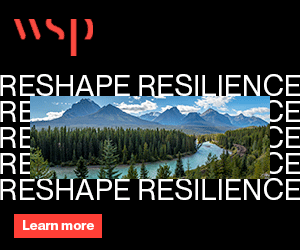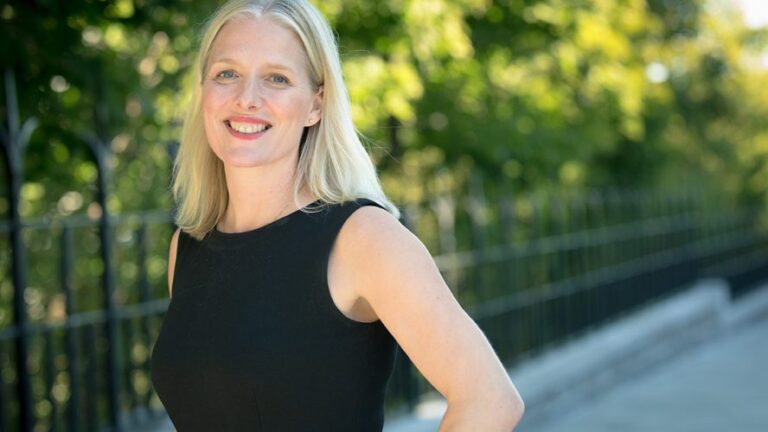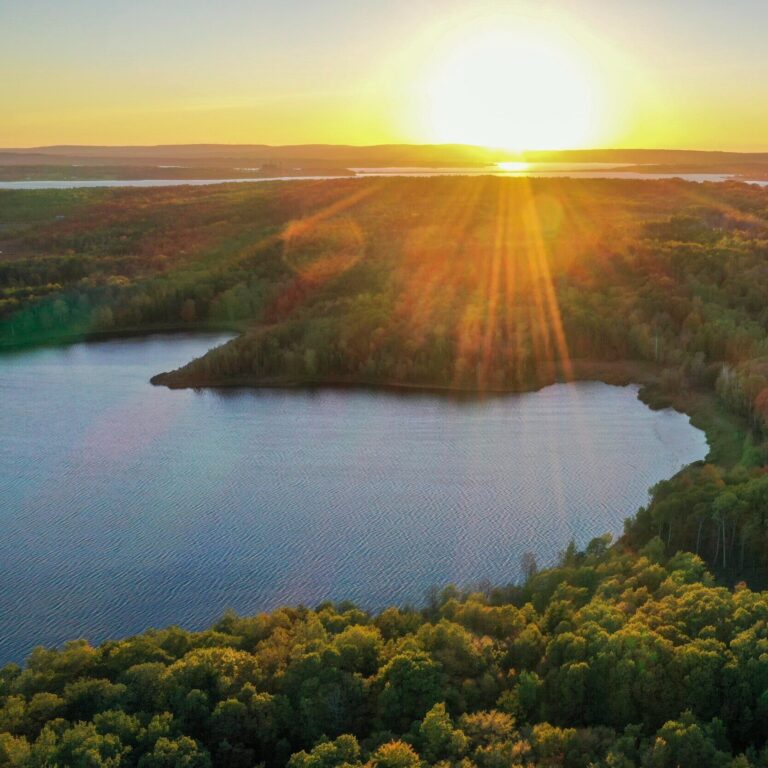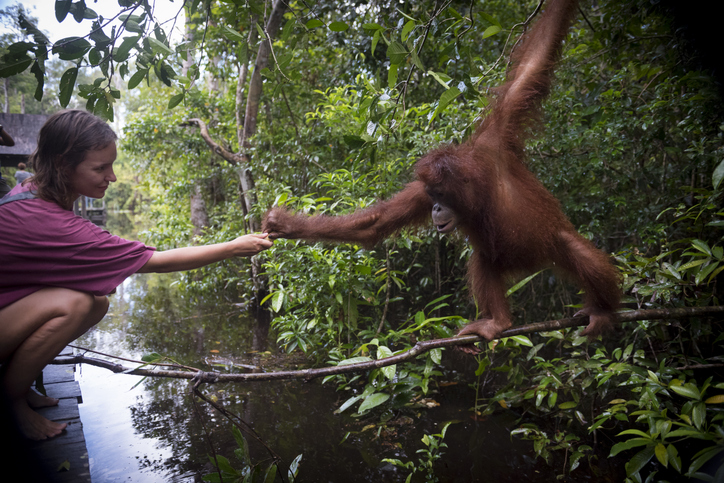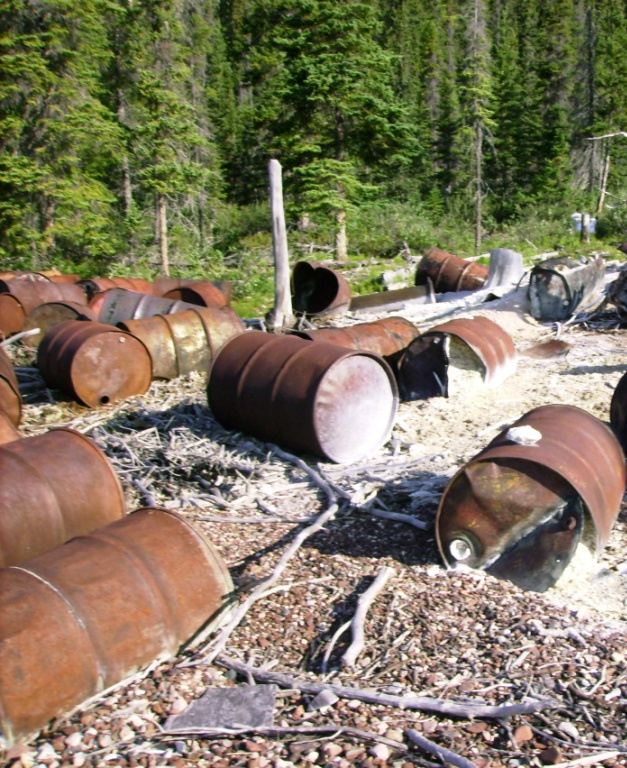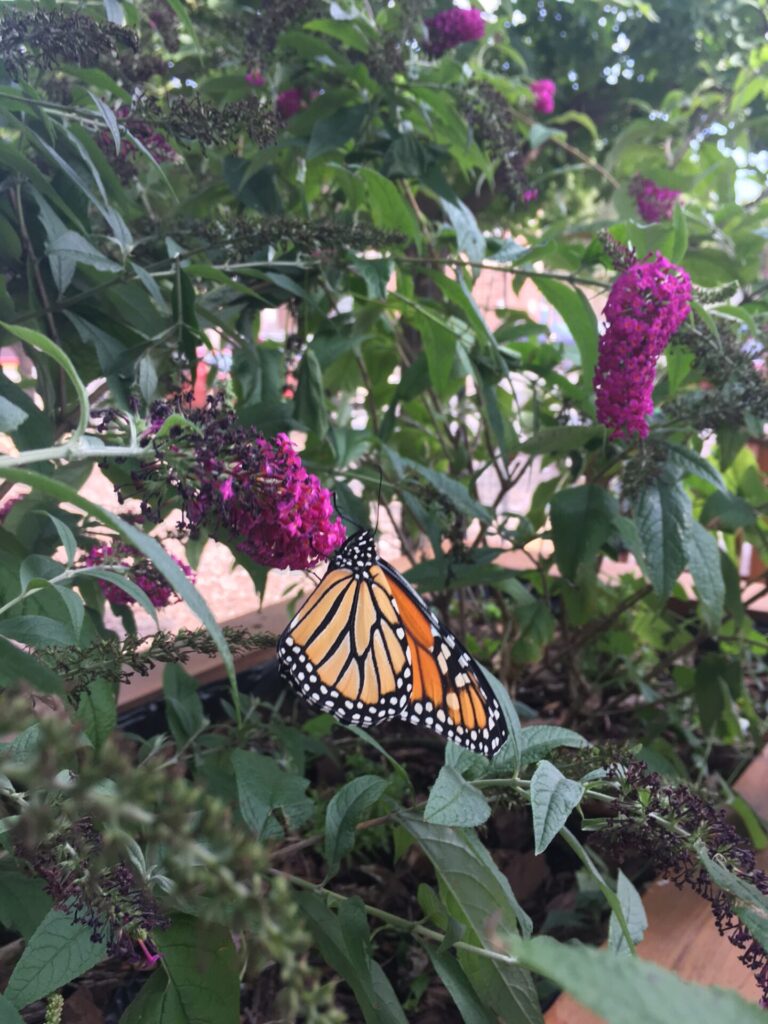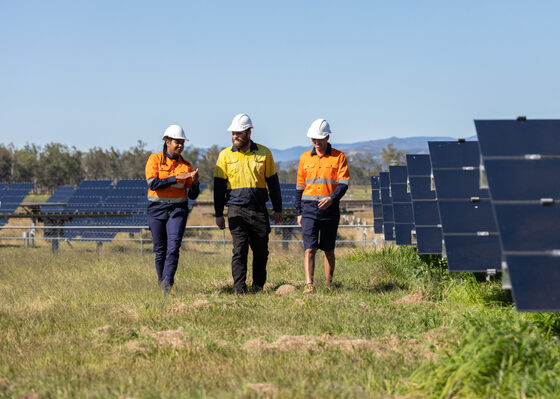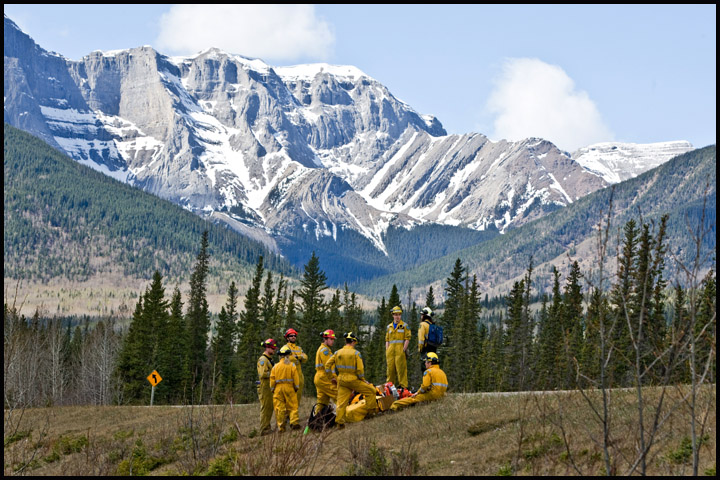Sunday, October 5, 2025
From protecting wildlife to conserving forested areas, young Canadians play a big part in tackling climate change. Still, they can be better equipped to do so through enhanced access to resources and environmental education. The federal government is committed to providing young people with the knowledge and skills to create sustainable solutions to environmental challenges as we work toward a clean, net-zero emissions economy by 2050.
Julie Dabrusin, Minister of Environment and Climate Change, recently announced that the Government of Canada is investing over $14.4 million from the Environmental Damages Fund’s Climate Action and Awareness Fund to support 17 environmental literacy projects across Canada. These projects will develop the tools and skills young Canadians need as they work toward solutions to fight climate change.
The Minister announced the funding in Vancouver while visiting one of the funding recipients, BC Parks Foundation. They are receiving $1.8 million to develop the environmental literacy and leadership of young Canadians in British Columbia. This project will provide opportunities for students across the province to learn about and take positive steps to mitigate climate change and improve biodiversity in parks and protected areas, as well as in their school grounds and classrooms. In addition to the funding from the Climate Action and Awareness Fund, BC Parks Foundation is receiving $1.5 million from the Government of British Columbia’s Ministry of Environment and Parks for this project. This funding complements the investment made by BC Parks Foundation. The project is a promising example of provincial-federal-private collaboration on environmental learning.
“Young Canadians are driven, curious, and creative, and they have the power to find dynamic and innovative solutions to take action against climate change,” said Minister Dabrusin. “Our goal through the Climate Action and Awareness Fund is to provide them with the necessary resources to find these solutions. Environmental literacy is crucial and often overlooked in the fight against climate change. By making these resources accessible, we will equip the future generation of Canadians, their parents, guardians, and educators with the knowledge and skills they need to help reduce Canada’s emissions and create a more sustainable future.”
Indigenous communities and organizations, academia, community organizations, and environmental organizations are leading the projects receiving funding today. The projects include creating learning opportunities in parks, holding community outreach events, and developing learning materials for young Canadians and their educators. This will help increase awareness of the local environment and demonstrate how residents can make an impactful difference in their communities. Of the funding announced today, $3.2 million is dedicated to Indigenous-led projects, aiming to provide Indigenous youth with environmental education that intertwines both Traditional Knowledge and western climate science.
Projects receiving funding
| Recipient | Total | Project description |
|---|---|---|
| Maritime Aboriginal Peoples Council | $741,487 | This project will foster ocean and climate literacy for youth aged 5 through 18 in schools across Nova Scotia, Prince Edward Island, and New Brunswick through classroom presentations and public outreach events. Students will learn about the organisms found within the Atlantic Ocean and local freshwater watersheds. |
| Grand Council Treaty #3 Representative Services Inc. | $782,922 | This project will deliver knowledge and skills on climate change for children, youth, and adults in Treaty #3 territory in Northwestern Ontario and Eastern Manitoba to become climate leaders in their communities and participate in the emerging green economy. The programming will combine western climate science and Anishinaabe Traditional Knowledge specific to Treaty #3. |
| Aqqiumavvik Society | $1,500,199 | This project will develop and pilot a culturally relevant, age-appropriate environmental literacy program to enhance avatimik kamattiarniq (the concept of environmental stewardship) for youth in Arviat, Nunavut. |
| Kitselas First Nation | $221,700 | This project will provide Kitselas First Nation youth with the skills and knowledge to address climate change, loss of biodiversity, and the cumulative effects of pollution affecting their traditional territory. |
| BC Parks Foundation | $1,800,000 | This project will provide opportunities for students across British Columbia (BC) to learn about and take positive steps to mitigate climate change and biodiversity loss, both in British Columbia’s provincial parks and in their school grounds and classrooms. |
| Cape Breton University | $326,614 | This project will conduct participatory analysis on the impact and accessibility of environmental literacy with youth and their teachers from schools in all provinces and territories in Canada. Project participants will also practice methods of policy writing and presentation, as well as co-create teaching materials. |
| Canadian Parks and Wilderness Society, Southern Alberta Chapter | $342,524 | This project aims to develop the environmental literacy and leadership of young Canadians, especially those from underserved communities in Southern Alberta, through training and a mentoring group. This will give youth the skills and perspectives to help them overcome current environmental challenges and participate in eco-advocacy. |
| Ducks Unlimited Canada, on behalf of the Nature Education Collective | $797,898 | This project will support the Nature Education Collective to systematically enhance environmental literacy at a national scale in school systems across Canada. Through an integrated package of scalable solutions that support normalizing climate and biodiversity education, this project will work with partner school systems to elevate regional leadership, expand teacher training, and provide inclusive programming directly to students. |
| AquaAction | $635,296 | This project will help address eco-anxiety in kindergarten to Grade 12 students through a learning program in Montréal, Quebec. The program aims to create a generation of water stewards that will take action to address freshwater issues and contribute to sustainability. This will be done through encouraging entrepreneurial thinking and developing job-ready skills to help young Canadians participate in a sustainable blue economy. |
| Aurora College | $1,461,680 | This project will provide a wide range of locally and culturally relevant opportunities for junior kindergarten to Grade 12 students and youth to learn about climate change and its impact on the Northwest Territories. This will include in-classroom and on-the-land programming, training for junior kindergarten to Grade 12 educators, and community workshops. |
| The Jane Goodall Institute for Wildlife Research, Education and Conservation | $939,592 | This project will provide environmental knowledge, service-learning, and leadership opportunities for young Canadians, particularly Indigenous, BPOC, 2SLGBTQ+ youth and other underserved communities. This project will engage youth in community-based actions linked to the major environmental crises and provide training for educators to best integrate environmental education into their teaching. |
| The Calgary Zoological Society | $1,562,992 | This project aims to integrate environmental literacy into teacher training and professional development for in-service teachers by identifying non-formal teaching institutions to serve as community practicum sites specializing in environmental education. |
| Wanuskewin Heritage Park Authority | $300,000 | This project will create materials to enhance interactive ecological education through an Indigenous lens, enhance and develop new guided cultural tours, and augment their video series with a focus on the interconnections between cultures and the land for visitors of Wanuskewin Heritage Park in Saskatoon, Saskatchewan. |
| The Starfish Environmental Society | $396,213 | The goal of this project is to create experiential, Indigenous-led environmental literacy material to support kindergarten to Grade 12 teachers in Six Nations and Hamilton schools to ground youth environmental literacy in Haudenosaunee cultural perspectives. |
| Friends of the Rouge Watershed Inc. | $255,000 | This project will ensure that students and community volunteers, with a high proportion of first-generation and racially diverse Canadians, have free access to natural spaces in the Rouge Watershed, including environmental education through skills training and hands-on opportunities to restore forest and wetland habitats. |
| Nature Québec | $1,117,814 | The objective of the project is to green learning spaces by creating micro-ecosystems in schoolyards, while integrating environmental education for students and school staff. This project aims to foster student contact with nature and develop educational materials based on citizen science. By collaborating with experts, the project will assess the impact of environmental practices on student behaviour and raise awareness of climate issues throughout the school community. |
| Conservation Council of New Brunswick | $1,286,043 | This project will create a province-wide network of environmental educators that will allow all schools in New Brunswick to access current, place-based, educational climate change-centered programming while also giving educators the tools to teach their students outside and utilize their outdoor spaces. |
The Climate Action and Awareness Fund is investing up to $206 million over five years to support Canadian-made projects that help reduce Canada’s greenhouse gas emissions. These projects are critical to building a sustainable net-zero emissions economy by 2050.
For further information, click here.
Featured image credit: Getty Images



